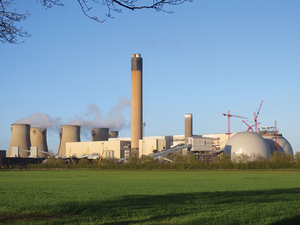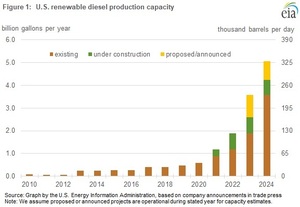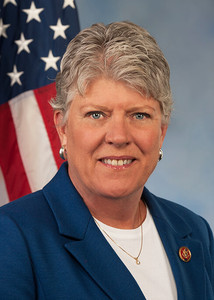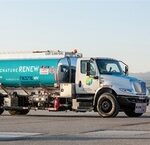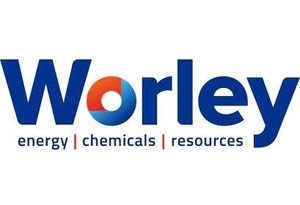Sustainable Aviation Fuel Act establishes LCFS for aviation fuel
Energy Disrupter
ADVERTISEMENT
Rep. Julia Brownley, D-Calif., on Nov. 18 introduced the Sustainable Aviation Fuel Act, a bill that aims to incentivize the production of sustainable aviation fuel (SAF) and help the aviation sector reduce carbon emissions.
The aviation sector accounts for an estimated 2.6 percent of total U.S. greenhouse gas (GHG) emissions, and 9 percent of emissions from the U.S. transportation sector. Electrification and fuel cells are not currently feasible alternatives for the aviation sector. Rather, lower carbon liquid fuels, such as SAF, are needed to reduce near-term emissions.
The legislation would establish a national goal for the U.S. aviation sector to achieve a net 35 percent reduction in GHG emissions by 2035 and net zero emissions by 2050.
As part of that goal, it would require the U.S. EPA to establish an aviation only Low Carbon Fuel Standard to regulate fuel producers and importers. Obligated parties would have to comply with a carbon intensity benchmark that declines each year. Producers that make fuels below that benchmark would generate credits they can sell to producers that make fuels above that benchmark. The benchmarks would be set at a 20 percent reduction in carbon intensity by 2030, ramping up to a 50 percent reduction by 2050.
One section of the bill would require the U.S. Department of Defense to increase its use of SAF, with a requirement that at least 10 percent of the aviation fuel purchased is U.S.-produced SAF beginning in fiscal year 2024, so long as the fuel is cost competitive with fossil jet fuel.
The bill would also require the FAA Center of Excellence for Alternative Jet Fuels and the Environment to conduct additional research on ways to increase SAF fuel utilization in the aviation sector, the impact of aviation emissions on the climate crisis, and ways to eliminate aviation-related GHG emissions.
To support SAF production and distribution, the bill would authorize a $1 billion grant program to support projects in the U.S. to produce, transport, blend or store SAF. In addition, it would establish a blenders tax credit of between $1.50 per gallon and $1.75 per gallon, depending on the fuel’s GHG reduction. To prevent double dipping, SAF would no longer be eligible for the $1 per gallon biodiesel tax credit.
The bill also aims to expand the feedstocks for SAF production by requiring the U.S. Department of Energy and the USDA to research the use of cover crops in the production of SAF.
Additional information, including a full copy of the Sustainable Aviation Fuel Act, is available on Brownley’s website.

